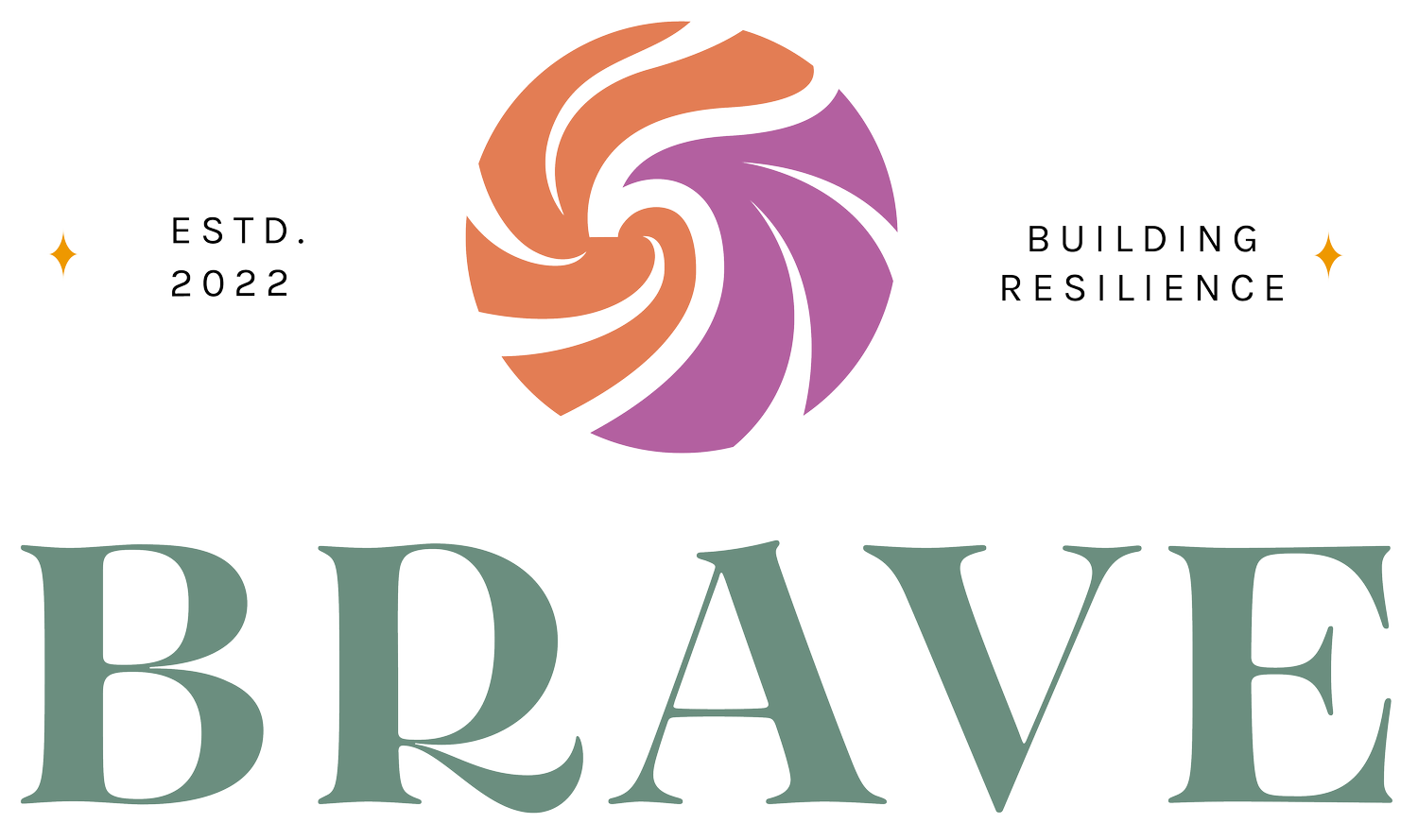What Peer Support Really Does for Your Mental Health as a Trauma Therapist
Mental Health Awareness Month isn’t just about our clients.
It’s about us, too.
That might sound obvious — but let’s be honest.
Most trauma therapists are still navigating the kind of shame and self-doubt that makes it hard to say, “I’m struggling.”
And even if we do say it, we don’t always have spaces where that truth lands softly.
We tell ourselves we “should” be able to handle it.
That needing help means something’s wrong.
That if we were doing this work well enough, we wouldn’t feel this way.
But that’s not the truth. That’s just the conditioning.
So let’s talk about what actually helps — not in theory, but in real time.
Let’s talk about peer support as real, meaningful mental health care for trauma therapists.
Peer support isn’t a luxury — it’s nervous system care
You probably say this to your clients all the time:
Regulation happens in relationship.
Co-regulation isn’t weakness — it’s human.
But when’s the last time you let yourself receive that kind of care?
Real peer support — the kind where a colleague looks at you and says, “Yeah… same” — can do more for your nervous system than a dozen checklists or self-help podcasts.
Here’s why:
Mirror neurons fire when we’re with someone who resonates
The limbic system softens when we’re seen and understood
Your breath slows before your brain even registers what’s happening
That’s not magic. That’s biology.
It’s your nervous system finally hearing, “You’re safe. You’re not the only one.”
Peer support isn’t optional. It’s care. And it’s real.
Peer Support Breaks the Isolation That Trauma Therapists Face
A few weeks ago, something happened in BRAVE that hit me right in the chest.
A longtime member returned to our asynchronous consultation group after being quiet for a while. Nothing dramatic — just life, work, the rhythm of being a therapist in this world.
And when she came back, she said:
“I’m here because I finally decided I don’t have to pretend I’m better off figuring these complex cases out alone.”
Oof.
She dropped a thoughtful, layered clinical question into the chat — and within hours, a wave of support came flooding back.
People didn’t just give advice.
They offered presence.
They said, “You’re asking the right questions.”
They said, “You’re not the only one.”
They shared encouragement, humor, and even a few cat pictures.
And that’s what peer support really does:
It doesn’t erase the hard.
It just makes it survivable.
If you’ve stepped back from your peer community lately?
That doesn’t mean you’re disconnected.
It means your system did what it needed to do.
What matters is that you know you can come back.
That you’ll still be received.
Why Peer Support Strengthens Mental Health for Trauma Therapists
I’m not here to sell you on some perfect version of peer support.
I’m here to say: sometimes the most powerful moments are the smallest ones.
Maybe it’s a voice memo from a colleague that helps you exhale.
Or a 3-word DM: “You’re not wrong.”
Or maybe it’s that moment after a session when you pause with your dog on the back steps and remind yourself: I don’t have to carry this alone.
This work is too much to hold in isolation.
And the longer we try to do it alone, the more distorted our self-perception becomes.
But one honest moment of support can change the story.
It reminds us:
You’re not broken.
You’re human.
And you’re not the only one.
Join the #BeingHumanAsATherapist Challenge
So here’s your invitation:
Take one moment this week to name a time when peer support helped you come back to yourself.
Maybe it was something someone said.
Maybe it was the moment you let yourself reach out.
Maybe it was quiet — but unforgettable.
You can:
Write a post or share a screenshot
Reflect in your journal
Send a message to the person who helped
Or share just one sentence: “Peer support helped me remember I’m not broken.”
If you share online, tag @braveproviders and use #BeingHumanAsATraumaTherapist so we can witness it with you.
You don’t have to be profound.
You don’t have to be visible.
You just have to be human.





